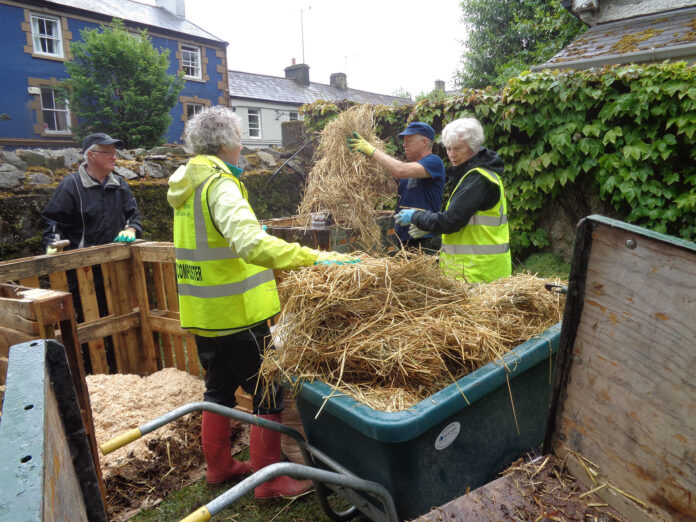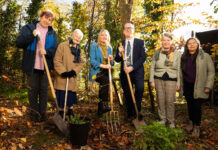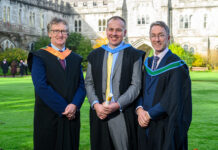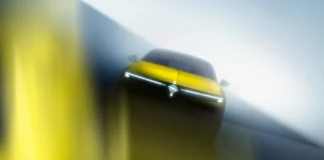
According to the Environmental Protection Agency (EPA), Irish households threw away 220,000 tonnes of food waste in 2022, costing an average household €700 annually. Globally, more than one quarter of food produced is wasted.
To mark the International Day of Awareness of Food Loss and Waste on 29 September, Global Action Plan Ireland (GAP) is urging everyone to consider the role they can play in reducing food waste, whether by growing their own food, planning meals more carefully, or advocating for sustainable practices in the food industry.
Lee Geoghegan, community garden manager at GAP, who has a passion for growing organically, says that food waste “is a massive global challenge that affects both rich and poor countries”, but that we can help make a difference.
“On 29 September each year, the United Nations asks us to reflect on the terrible waste of resources, and the damage we are doing to the environment, due to food waste. And we believe that we can help tackle this problem if we encourage people to grow more of their own food,” said Geoghegan.
“Home-grown food reduces the need for packaging and transportation. On top of that, people who grow their own food can harvest only what they need, so they are not buying too much food, and throwing it out.”
‘REDUCING FOOD WASTE STARTS AT HOME’
Food waste, which accounts for 8-10% of total greenhouse gas emissions, arises for various reasons, from overproduction and improper storage to aesthetic standards that discard ‘imperfect’ food.
“If people learn to grow their own food, they also change the way they think about food,” said Mr Geoghegan.
“Something strikes a chord within the soul of those who grow their own produce. The result is a real sense of responsibility in relation to food waste and soil health, which further enhances our connection with the natural world”.
“Composting is a fabulous way of achieving that, as one can create a nutrient rich soil amendment from both kitchen and garden waste, that can be utilised in the garden year on year. What an achievement it is to make compost from your own waste. You now know exactly what it contains, plus it has zero road miles – what a great way of completing the cycle! For me, reducing food waste really does start at home,” he concluded.
For more information, see www.globalactionplan.ie







